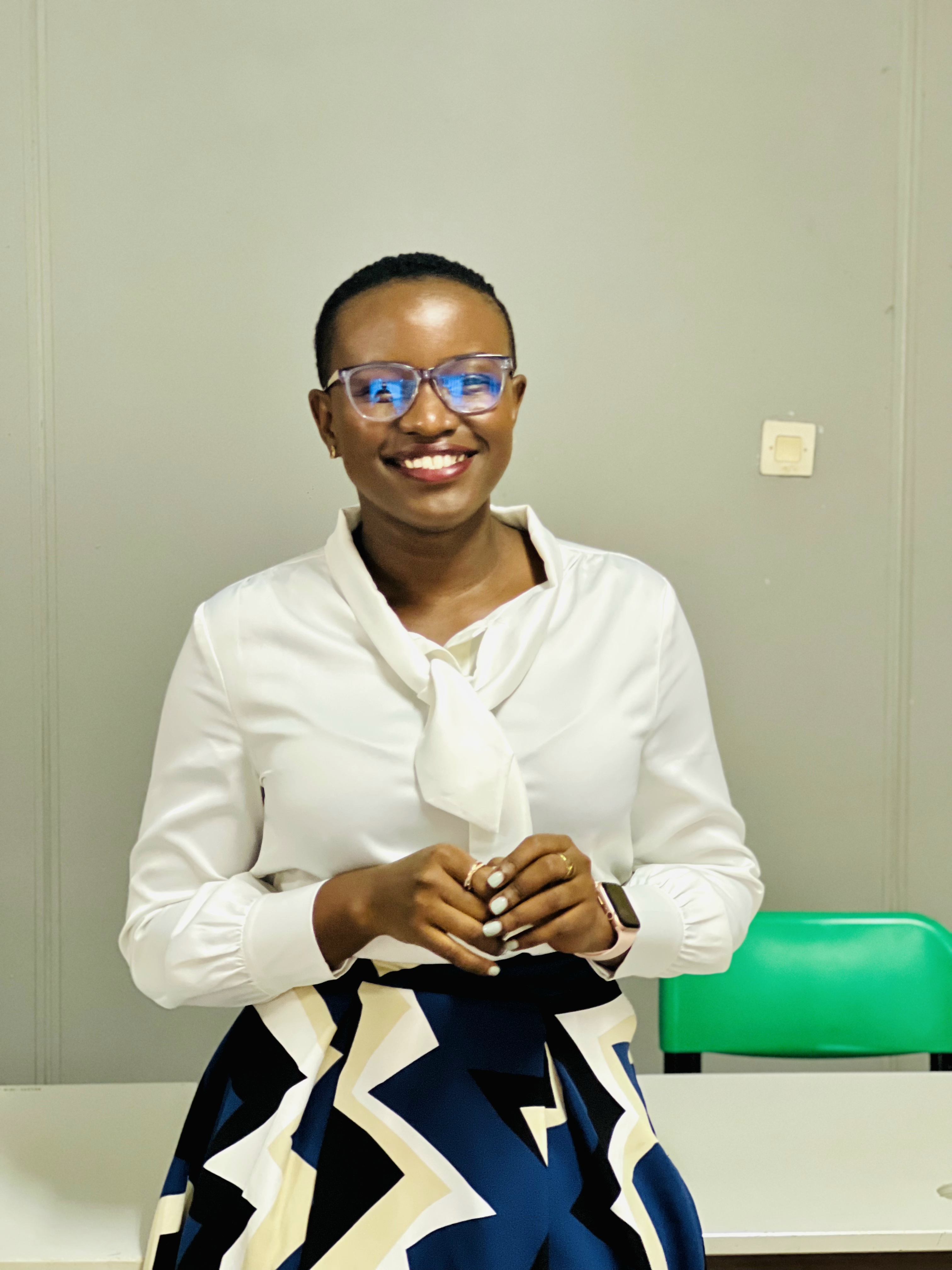A team comprising Dr. Neema N. Lyimo, Dr. Joseph P. Telemala, Dr. Silivia F. Materu, Dr. Kadeghe G. Fue, and collaborator Dr. Ndimile C. Kilatu has been awarded a grant of 79,247.41 USD to carry out a project on climate and health. The project’s details are outlined below.
Contact: Joseph P. Telemala | josephmasamaki@gmail.com / josephmasamaki@sua.ac.tz
Advances in machine learning (ML) for healthcare applications have the potential to be an alternative and best solution to solve the problems of climate-sensitive diseases in Africa and low-income countries like Tanzania. This project will strengthen the health system in the East African region by creating a dataset that aids in the prediction and characterization of waterborne diseases as influenced by climate change. The dataset will include three waterborne diseases that are sensitive to climate change: typhoid fever, diarrhea, and amoebiasis.
Five different kinds of datasets will be used to characterize disease hotspots in five selected areas of Tanzania: Morogoro Municipal Council (MC), Singida MC, Dodoma City Council (CC), and Dar es Salaam CC (Temeke MC, Ilala MC). Datasets will be collected in five categories: (i) demographic characteristics of the waterborne diseases, (ii) locations of the toilets and quality of the toilets, (iii) management of solid wastes and dump sites, (iv) meteorological information of the hotspots, and (v) location of the water sources used by local people for daily household activities. The combination of all these datasets in tabular form will be used to train powerful machine learning algorithms to predict and characterize the outbreaks of water borne diseases in the study areas. Furthermore, the predictive models can be embedded into early warning systems to support council managers and healthcare providers to make informed decisions to control and eliminate the outbreak of waterborne diseases.
“The effects of climate change on human health are real. Outbreaks of climate-sensitive waterborne diseases in developing nations are a common disaster. If a curated dataset is made available and accessible for AI researchers to use, they can develop powerful predictive AI models that can forecast outbreaks, prevent epidemics, and save lives. With the support from Lacuna, we will develop Tanzania’s first machine learning dataset for forecasting climate-sensitive waterborne diseases”.
— Joseph P. Telemala, Sokoine University of Agriculture
Read More: https://lacunafund.org/announcing-awards-for-climate-datasets-health-and-energy/




